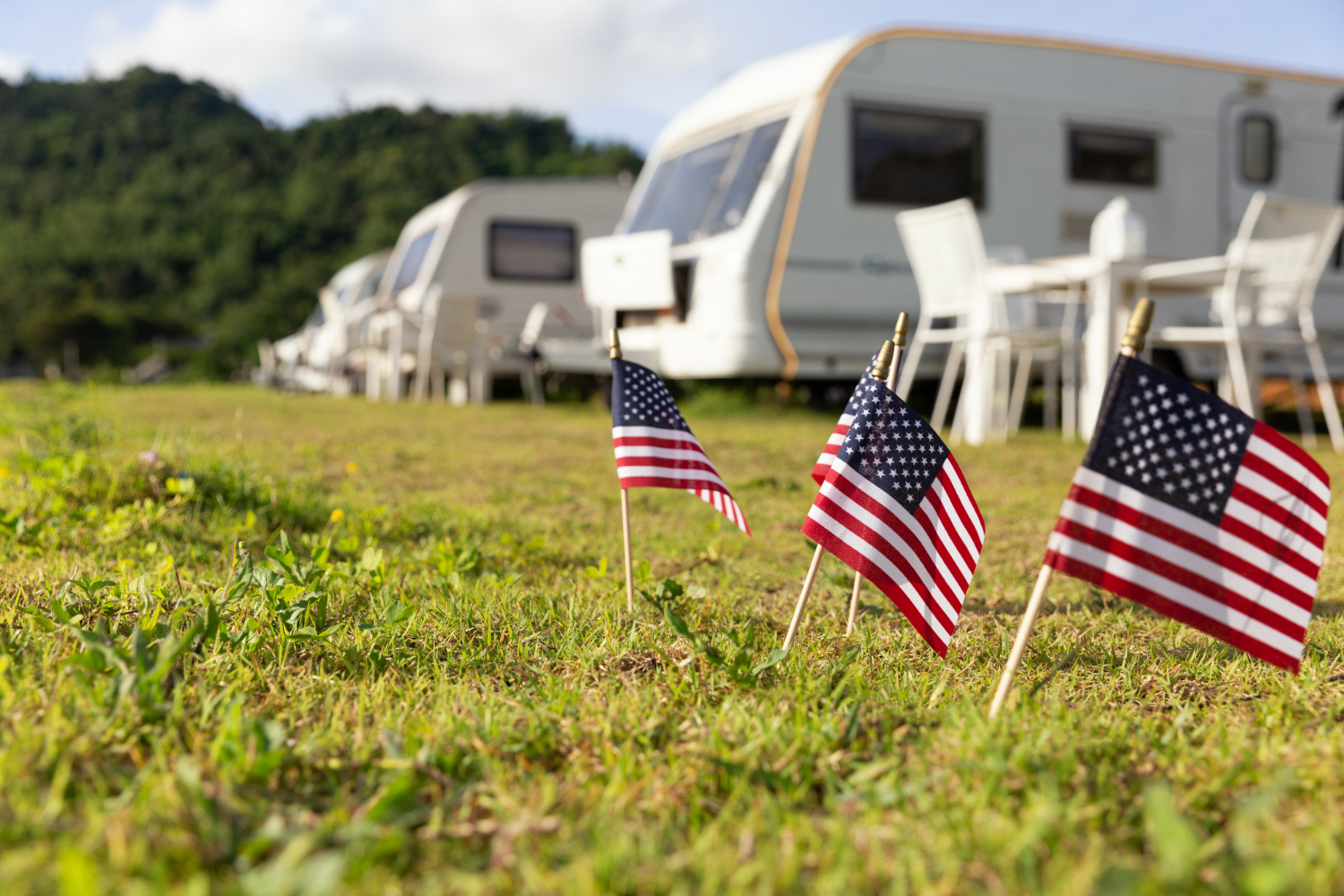Trailers come in many shapes and sizes, each designed for specific purposes — from hauling lawn equipment to transporting vehicles or goods for business. Whether you’re using a simple utility trailer for weekend projects or an enclosed cargo trailer for commercial deliveries, one thing is clear: you need the right insurance coverage.
In this article, we’ll break down how to insure various types of trailers, what coverages to consider, and how to make sure your trailer is properly protected on and off the road.
Why Trailer Insurance Matters
Many people assume their trailer is automatically covered under their auto insurance, but that’s not always the case — and when coverage does apply, it’s usually limited. Without proper coverage, you could be left responsible for damages to your trailer, its contents, or liability from accidents.
1. Utility Trailers
What They Are:
Open, flatbed-style trailers used for transporting lawn equipment, tools, household items, or small loads.
Common Uses:
-
Landscaping
-
DIY projects
-
Hauling personal items
Coverage Tips:
-
May be partially covered for liability under your auto insurance while being towed.
-
Physical damage (theft, fire, collision, etc.) typically requires separate trailer insurance.
-
Consider comprehensive and collision coverage if the trailer has significant value.
2. Cargo Trailers (Enclosed Trailers)
What They Are:
Fully enclosed trailers used for transporting goods, equipment, or vehicles securely.
Common Uses:
-
Business deliveries
-
Moving valuable items
-
Equipment storage on wheels
Coverage Tips:
-
Higher risk due to the value of items inside and theft potential.
-
You’ll need coverage for:
-
The trailer itself
-
Cargo coverage (if transporting valuable goods)
-
-
If used for business, make sure it’s covered under a commercial auto policy or separate business trailer policy.
3. Travel Trailers
What They Are:
Towable trailers used for camping or recreation (different from motorhomes, which are drivable).
Common Uses:
-
Road trips
-
Camping
-
Seasonal living
Coverage Tips:
-
Auto liability coverage does not protect the trailer itself.
-
Look for a specialized travel trailer policy that includes:
-
Physical damage
-
Personal property inside the trailer
-
Emergency expenses (if the trailer is damaged far from home)
-
-
May qualify for seasonal or storage-only coverage if not used year-round.
4. Horse Trailers & Livestock Trailers
What They Are:
Trailers designed to transport animals, often with ventilation and safety features.
Common Uses:
-
Transporting horses or livestock
-
Traveling to events or markets
Coverage Tips:
-
Coverage should include:
-
Damage to the trailer
-
Liability for accidents
-
Optional animal mortality or medical coverage (sometimes available as an add-on)
-
-
Be sure to inform your insurer if the trailer is used for business (e.g., breeding, racing, or sales).
5. Boat Trailers
What They Are:
Trailers designed to haul boats, jet skis, or other watercraft.
Common Uses:
-
Recreational boating
-
Towing to and from storage or water
Coverage Tips:
-
Some auto policies may offer limited liability coverage while towing.
-
Consider a separate trailer policy or include the trailer in your boat insurance package.
-
Theft and damage coverage are especially important if stored outdoors.
6. Commercial Trailers
What They Are:
Any trailer used for business — includes cargo, flatbed, refrigerated, and more.
Common Uses:
-
Freight and deliveries
-
Equipment transport
-
Construction and contracting
Coverage Tips:
-
Requires a commercial trailer insurance policy.
-
Coverage should include:
-
Liability
-
Physical damage
-
Cargo insurance
-
Business interruption or rental reimbursement (if applicable)
-
-
Rates depend on trailer size, use, distance driven, and contents.
What’s Typically Covered by Trailer Insurance?
Depending on your policy and trailer type, coverage may include:
-
Liability Coverage – For bodily injury or property damage caused while towing
-
Comprehensive Coverage – For non-collision events like theft, fire, or weather damage
-
Collision Coverage – For damage caused by accidents or road hazards
-
Contents or Cargo Coverage – For goods or equipment being hauled
-
Emergency Expense Coverage – For travel disruptions if your trailer is disabled
Tips for Getting the Right Trailer Insurance
- Be Honest About Usage: Whether for personal or business use, accurate disclosure ensures proper coverage.
- Know Your Trailer’s Value: Include the cost of custom features or attached equipment.
- Ask About Discounts: You may qualify for savings if you bundle policies or store the trailer securely.
- Compare Policies: Not all insurers treat trailers the same. Shop around for the best coverage and price.
- Keep Records: Photos, serial numbers, and receipts can help if you ever need to file a claim.
Not all trailers are created equal — and neither is their insurance. Whether you’re hauling gear across town or towing valuable cargo across state lines, the right coverage ensures you’re protected from unexpected expenses and legal issues.

